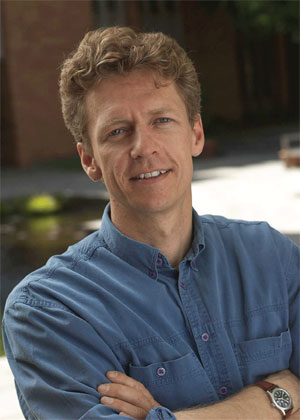“Humanitarianism is about the struggle to create the space to be fully human.” - Dr. James Orbinski
 |
| James Orbinski's 2008 memoir is called An Imperfect Offering, "a deeply personal, deeply political book." (Photo credits here) |
These profound words begin Dr. Orbinski’s book, An Imperfect Offering, a memoir of his experiences while working for Doctors Without Borders. In the book, he reflects on the human condition and the difficulties facing aid workers who work in war-torn and developing countries. Written with such candor, Dr. Orbinski doesn’t mince words or shy away from intimate details.
“I was driving along Highway 401 in Toronto as a blue Mazda Miata passed me. It was the same colour as the plastic tarp that I had been dreaming about for months without knowing why,” he writes. “Instantly, my car filled with the sweet smell of freshly killed flesh and blood. I saw sausages and then children’s fingers in the red soil around the tarp. I veered as I tried to open the windows. The bumper scraped the guardrail as the car came to a full stop. I sat in the car, the smell and sausages gone. It was snowing outside. The wipers kept rhythm, but I had fallen out of time. The world had not changed – I had.”
The former international president of Doctors Without Borders/ Médecins Sans Frontières, Dr. Orbinski is presently an associate professor of medicine and political science at the University of Toronto and a clinician at St. Michael’s Hospital. He came to Dalhousie recently to discuss the spread of disease in developing countries. He criticized the pharmaceutical industry for “rapaciously pursuing patented protection” for life-saving drugs even in the face of pandemics like HIV/AIDS.
“In 1999, as then president of MSF, international council, I had the privilege of launching MSF’s Access to Medicines campaign. That campaign was the direct challenge to a failing politics that mobilized a coalition of citizens group from around the world…and we publicly shamed pharmaceutical companies and governments that supported the privilege of profit over peoples’ right to exist. We pooled our purchasing power and we bought generic versions of AIDS drugs and we brought the price for the treatment of AIDS down from over $15,000 US to less than $200.”
Dr. Orbinski went on to discuss projects undertaken by Drugs for Neglected Diseases Initiative (DNDI), a pharmaceutical research and development organization for which he is founder, and about co-founding Dignitas International with colleague James Fraser. Its primary focus is to bring a community-based care approach to HIV/AIDS in the developing world.
“We started (Dignitas) in Malawi in efforts to address the issue of failing health care infrastructure in the developing world …Why community-based care? Because by working with the Ministry of Health and supporting people with HIV, communities can face the AIDS crisis and other pandemics on their own terms.”
After the lecture, students eager for his insight and advice peppered Dr. Orbinski with questions, and the Q&A turned into a prolonged discussion. Perhaps Dr. Orbinski’s final remark would say it best:
“We are capable of doing great things. The world is full of possibilities, if we choose to see it. However, possibility lies not on utopian ideals, but on what you do.”
Crislana Rafael is a first-year science student at Dalhousie.
